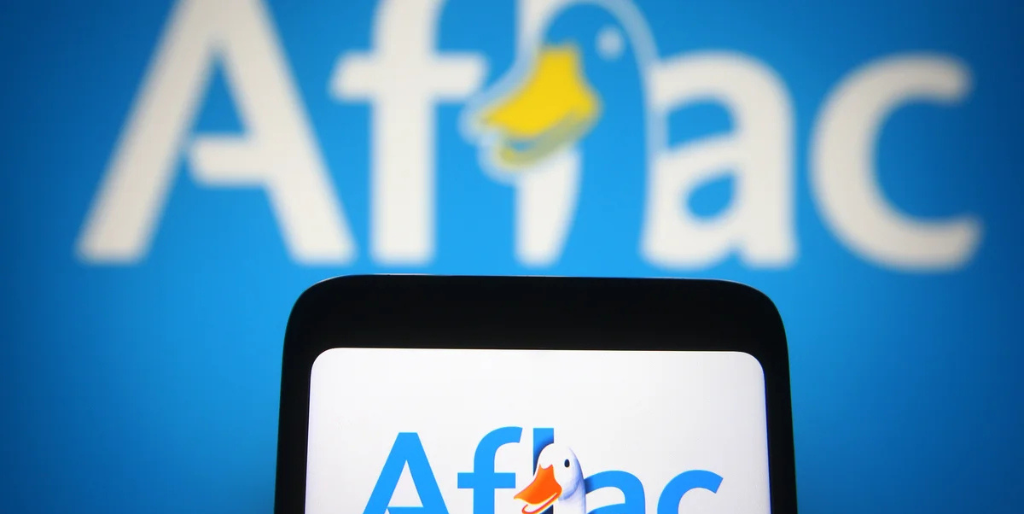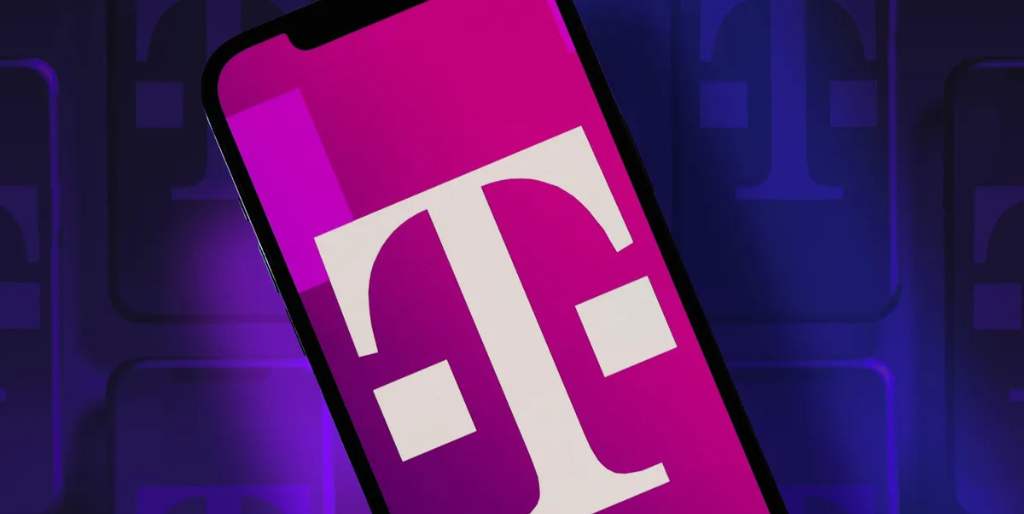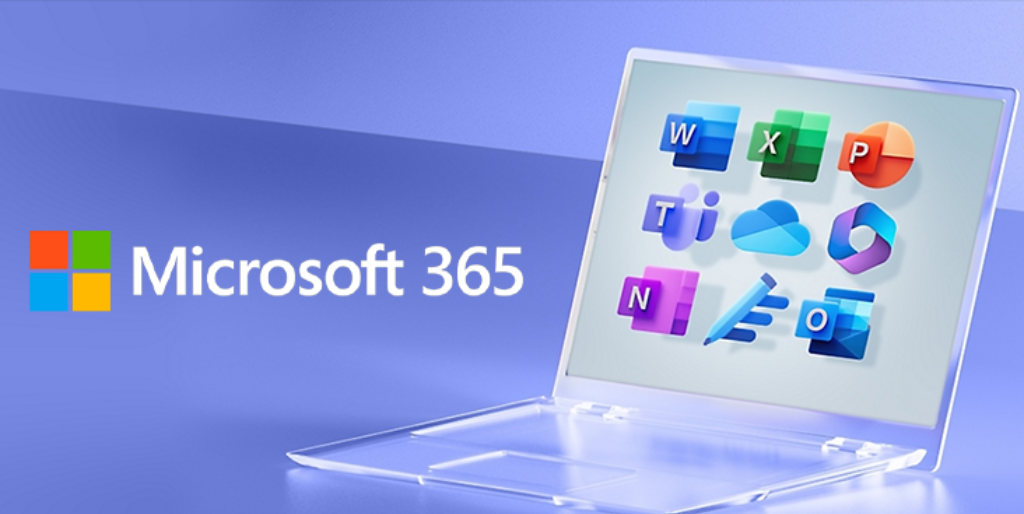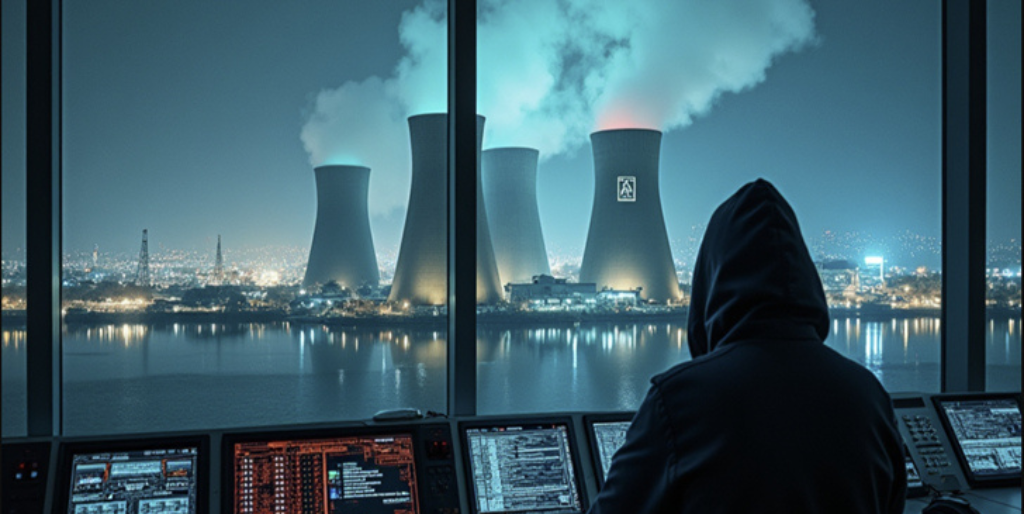The US Issues a Cyberattack Warning Following Attacks on Iran’s Nuclear Plants
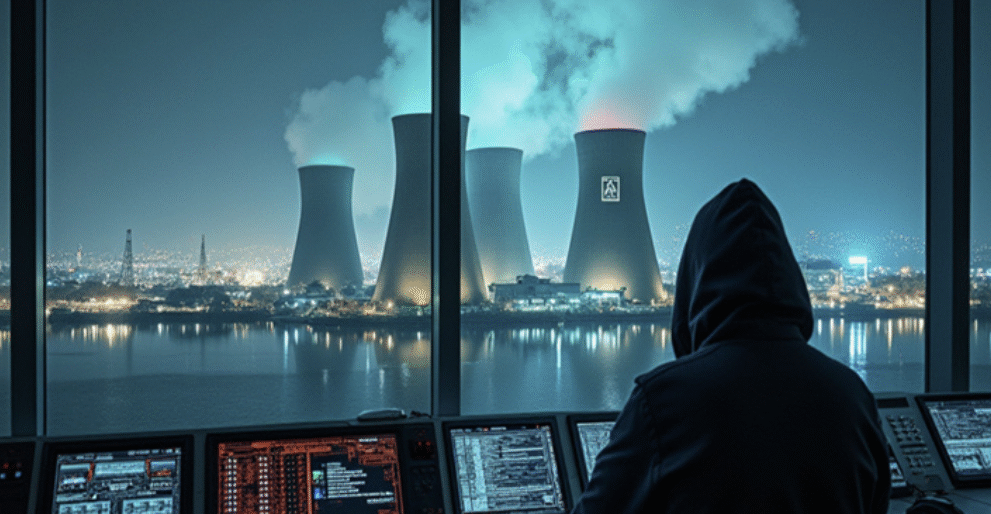
The U.S. government has issued a public advisory warning of increased risk of cyberattacks by Iran-linked hackers, in the wake of recent U.S. and Israeli strikes on Iranian nuclear facilities.
🚨 What the Alert Says
- The Department of Homeland Security (DHS) released a National Terrorism Advisory System bulletin, stating that low-level cyberattacks from pro-Iranian hacktivists and state-linked actors are now “likely” to target U.S. networks—including those tied to banks, defense, energy, and critical infrastructure.
- Federal agencies are warning that these attacks may expand if Iran issues a religious edict calling for retaliation, making the environment a “heightened threat”.
🌐 Already in Motion
- Pro-Iranian hackers—such as the self-named Mysterious Team—have launched denial-of-service attacks against U.S. banks, defense contractors, and oil companies
- Experts warn that while these may not yet disrupt critical infrastructure, even low-grade cyberattacks can cause real damage and psychological impact.
🛡️ Why It Matters
- Asymmetric Warfare: Cyberattacks offer Iran a low-cost, deniable way to retaliate without risking open conflict .
- Vulnerability Exposure: Critical systems—like water treatment, power grids, and hospitals—are especially vulnerable to low-tech but disruptive attacks .
- Digital Arms Race: Security experts warn the U.S. must bolster its cybersecurity defenses quickly to avoid being “Swiss cheese” online.
🧠 Expert Insight
- Arnie Bellini, a cybersecurity investor, says that while U.S. enjoys military strength, it’s “wide open digitally”
- A former IDF cyber officer notes that cyber operations in the Middle East now include destructive, espionage, and influence campaigns, warning that U.S. systems must be prepared .
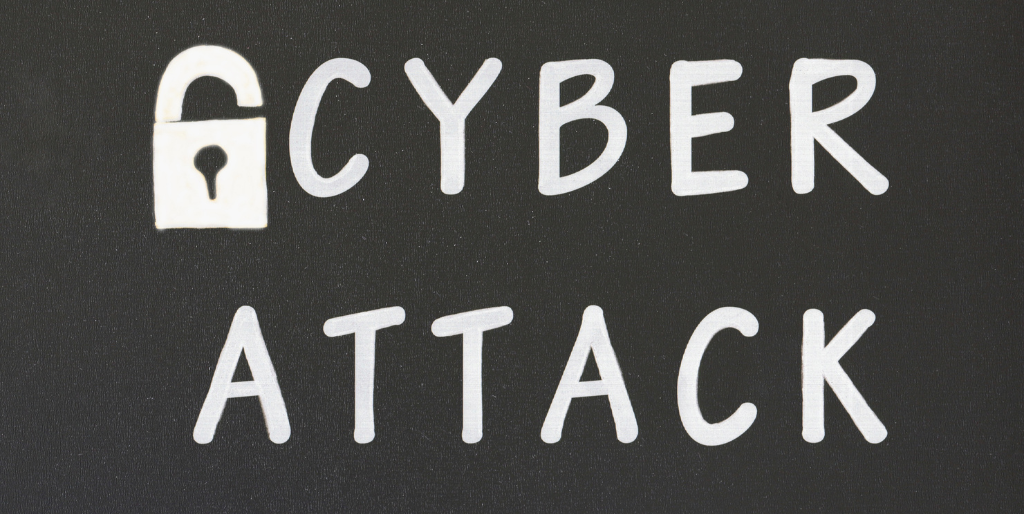
🛠️ What You Should Do
- Critical infrastructure operators are advised to tighten security, conduct audits, and be proactive in threat hunting .
- All businesses and consumers should strengthen defences with strong passwords, multi-factor authentication, frequent software updates, and caution against phishing attempts.
📢 Bottom Line
In response to U.S.-backed strikes on Iranian nuclear facilities, DHS and CISA have issued warnings that Iranian hacktivists and state-affiliated cyber actors are likely to target American systems. Even small-scale cyberattacks can disrupt essential services and erode public confidence — making strong digital defenses critical in this period of heightened cyber tension.


 English
English 



